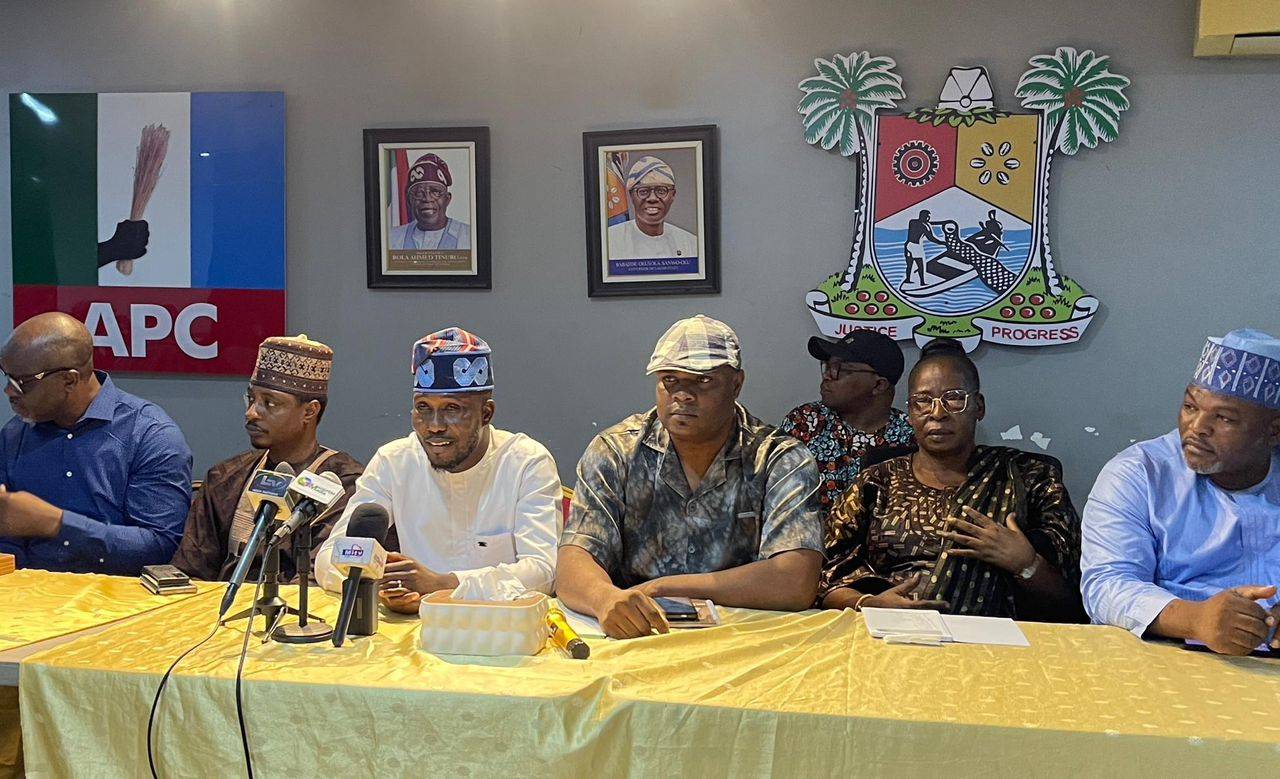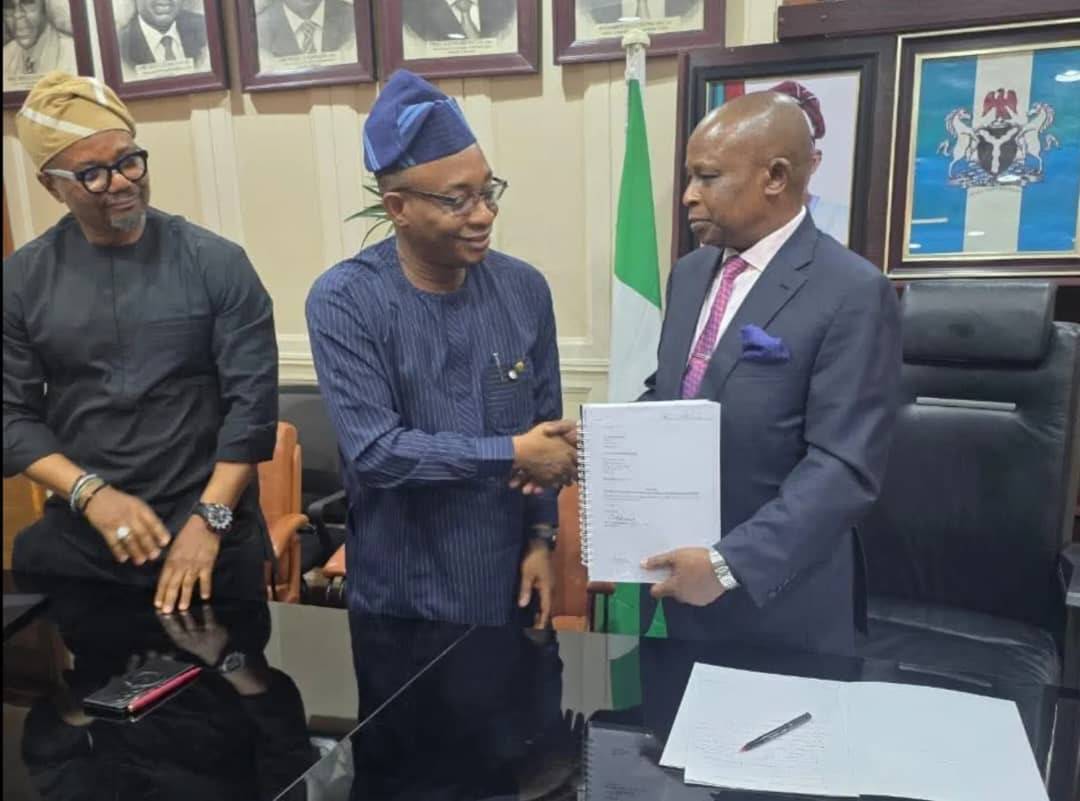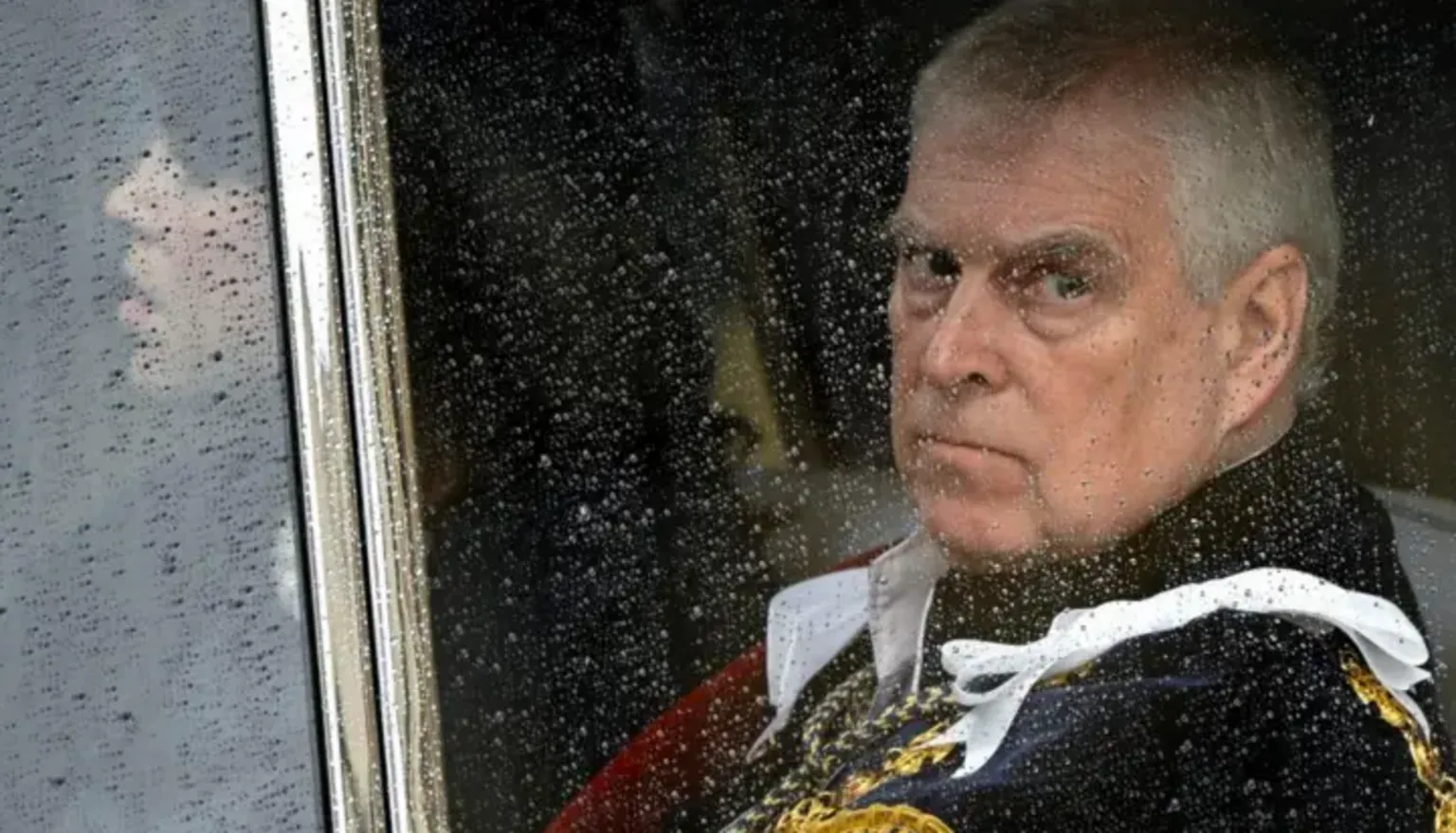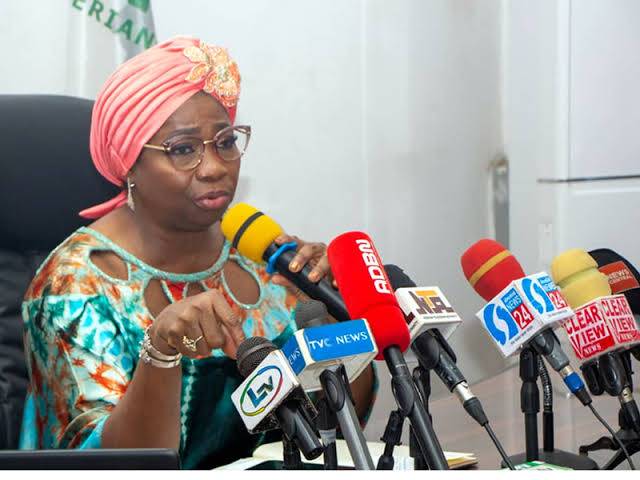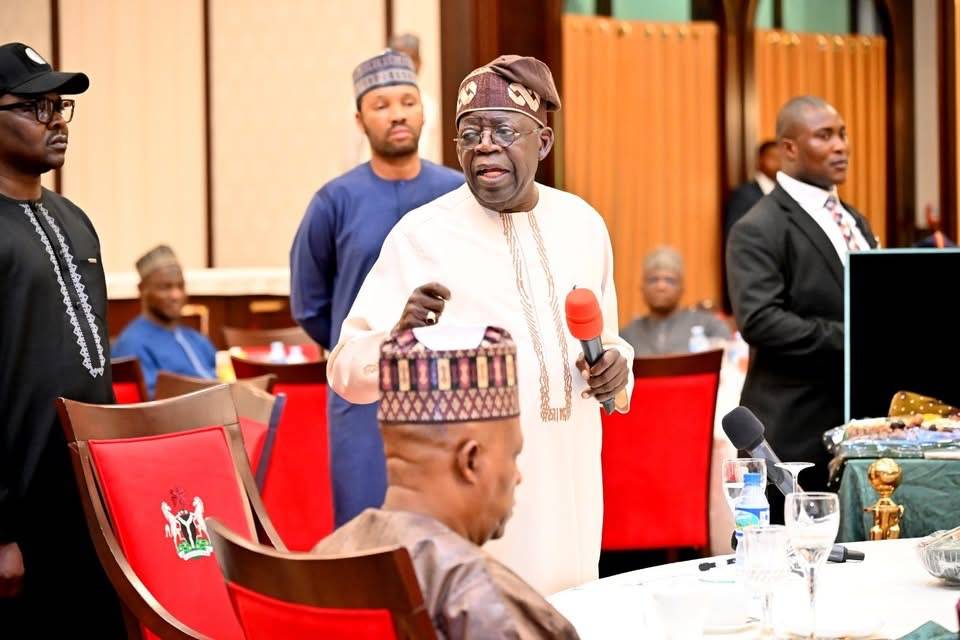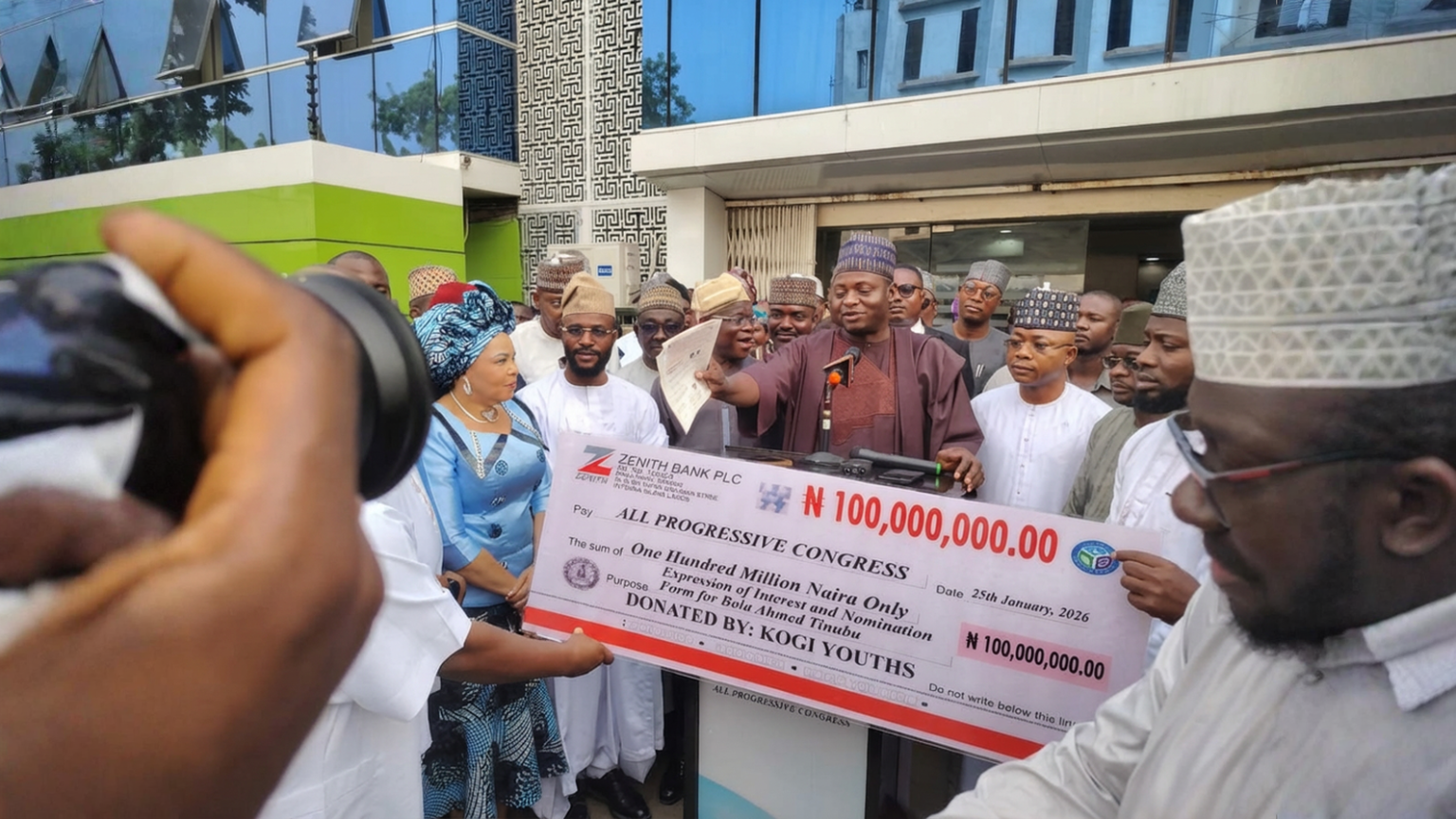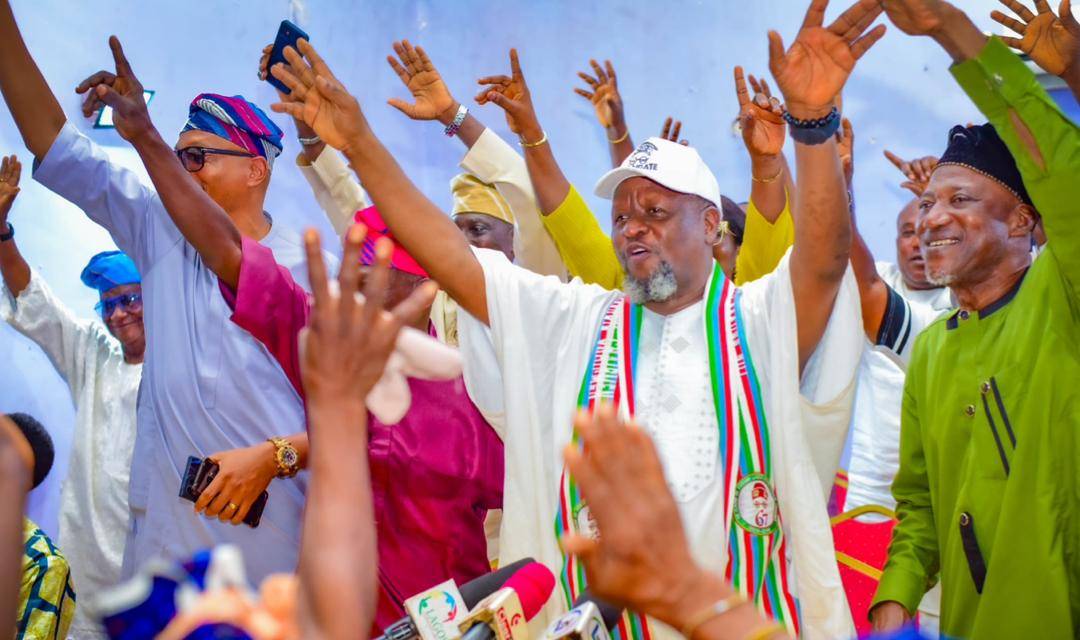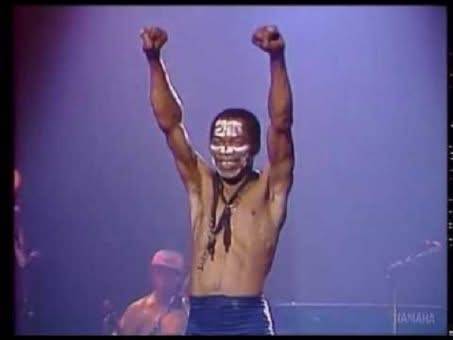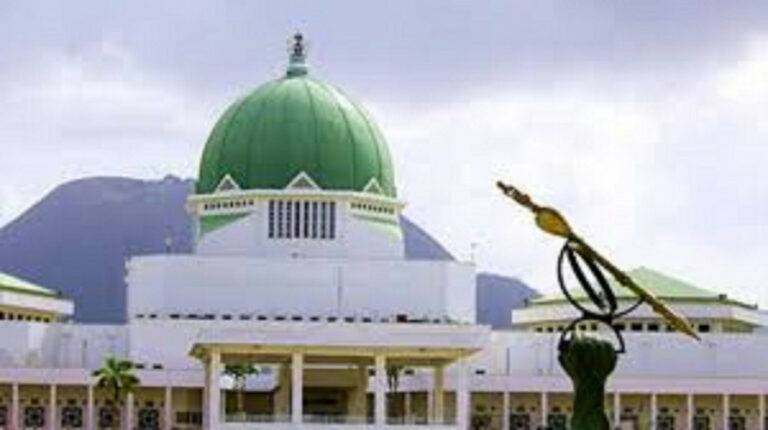By SF Ojo Emmanuel
After watching Peter Obi’s latest interview on Channels TV’s Politics Today with Seun Okinbaloye, I could not help but reflect on how much of what we are witnessing from the former Anambra governor is carefully packaged political theatre rather than serious national leadership.
Yes, Mr. Obi speaks with composure. He presents himself as principled. But beyond the polished grammar and emotion-laced soundbites, what I saw was a man still relying heavily on populist rhetoric, personal myth-building, and vague promises that collapse under scrutiny.
Let us begin with security. Obi boldly declared that he would “declare war on bandits” if elected. As someone deeply concerned about the escalating insecurity in Nigeria, I expected a clear strategy, something rooted in intelligence reform, military modernization, or cross-border coordination. Instead, all we got was a dramatic headline.
Equally simplistic was his take on community policing. While it is important to empower local security structures, Obi’s repeated glorification of Anambra’s vigilante model ignores the complex and national nature of Nigeria’s insecurity. Fighting terrorism and banditry requires more than walkie-talkies and local patrols. It demands institutional overhaul, not nostalgia.
Then there is the issue of his so-called coalition. Obi proudly announced that he is part of the ADC-led alliance of “like minds” ahead of 2027, but in the same breath, insisted he would not be a running mate to anyone. That was the clearest signal yet that this is less about coalition-building and more about personal ambition dressed up as consensus.
And frankly, the coalition itself lacks credibility. These are mostly politicians rejected by the electorate in multiple cycles, people with no ideological alignment, no shared policy framework, and certainly no national movement behind them. It is a gathering of political tourists, not nation-builders.
One of the most disingenuous moments of the interview was Obi’s attempt to whitewash his past ties to the Abacha regime. His statement that he “never worked for government before becoming governor” quickly gave way to an admission that he was involved in decongesting ports under the late Gen. Abacha, although, conveniently, “it lasted only two weeks.”
You can not claim to be completely different from the old order when you have had your foot in its door, no matter how briefly. Leadership requires transparency, not selective memory.
One striking example of how Peter Obi often distorts facts was his much-publicized trip to Egypt. Initially, he claimed he travelled there to study how Egypt successfully generates over 60,000 megawatts of electricity, in contrast to Nigeria’s struggle to produce just 5,000 megawatts. However, it later emerged that he had actually gone to attend an Annual General Meeting of a company, only using the opportunity to visit a power plant during the trip. It was only after his travel itinerary was exposed that he adjusted his narrative.
This incident highlights a deeper concern: Peter Obi often presents half-truths to fit a populist message, even when it reveals a lack of understanding of the issues he wants to address. For instance, Nigeria’s core electricity problem isn’t just about generation. While we don’t generate enough, our bigger challenge lies in transmission and distribution, even the 5,000 megawatts we currently produce can’t be fully evacuated through the national grid without risking collapse.
Yet, here is a man campaigning to “solve Nigeria’s problems” without a firm grasp of the real issues. And sadly, this is just one of many such examples.
Obi also repeated a troubling pattern I have seen in some of his recent comments; subtle regional jabs. His previous remarks about the price of bread and rice in the Southwest were echoed again in his responses on economic hardship. These blanket statements risk alienating regions and stirring unnecessary resentment. Nigeria needs unity, not politically tinted generalizations.
Now compare this with what President Bola Ahmed Tinubu is doing. In just over two years in office, President Tinubu has taken on the hard decisions most of his predecessors shied away from by removing the destructive fuel subsidy, unifying the FX market, pushing tax and power sector reforms, investing in infrastructure, and tackling insecurity with a restructured security apparatus.
These are not mere talking points. They are structural interventions aimed at stabilizing and rebuilding a fragile economy. It is not perfect, no reform is, but it is serious governance. And it stands in stark contrast to the idealistic yet hollow performance Obi gave on live television.
In conclusion, Peter Obi may still command the admiration of some Nigerians who are drawn to his “clean man” image, but interviews like this remind us why charisma alone is not leadership. Nigeria needs people who can lead, not those who only know how to sound righteous.
2027 is not a show. It is about the future of over 200 million people. And in that future, President Tinubu has already proven he is not just willing, but capable of doing the heavy lifting.
Peter Obi dramatizes. Asiwaju Bola Tinubu delivers. That is the difference. And when the time comes, Nigerians will remember.
A personal opinion piece of SF Ojo Emmanuel.
Senior Special Assistant to Governor Dapo Abiodun on New Media



